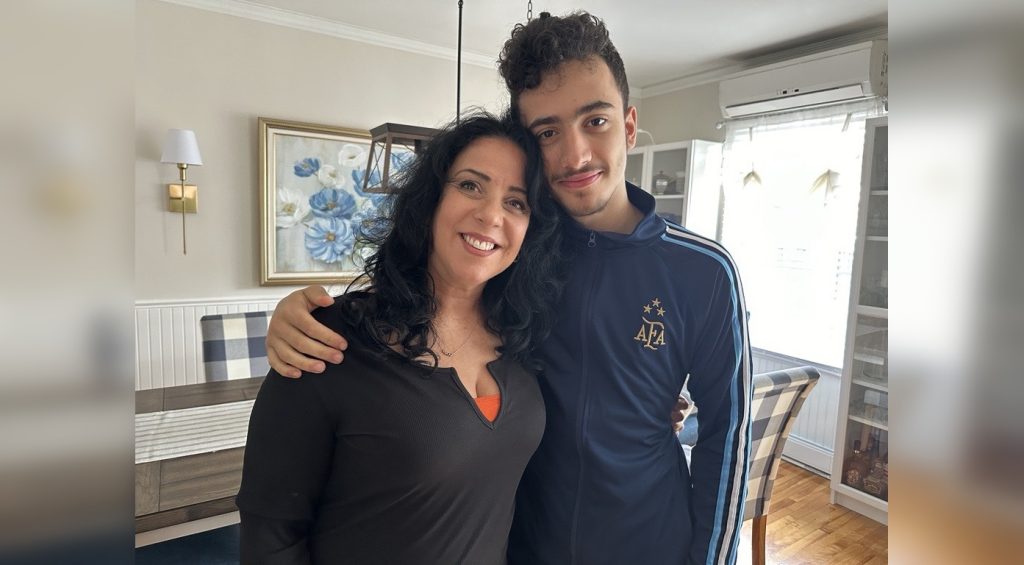Organ donations increased among medically assisted dying providers: study

Posted January 29, 2024 11:12 am.
Last Updated January 29, 2024 12:00 pm.
Quebec researchers say organ donation appears to be increasing among people who receive medical aid in dying (MAID), as they call for greater collaboration to support people who choose to donate, as well as respect for their autonomy and dignity.
Researchers say that 64 people in Quebec donated their organs after receiving MAID between 2018 and 2022.
They added that donations from this group increased to 14 per cent of all organs donated in the last year of their study.
The researchers analyzed data from all MAID recipients referred to Transplant Québec during the five-year study period for potential organ donation and found that the number of donors had increased to 24 in 2022, up from eight in 2018.
Of the 245 people referred, 82 were selected.
Of these, 64 were deemed medically suitable and donated a total of 182 organs, including kidneys, livers and lungs.
These are the same organs usually harvested by standard donation after a person’s death.
Of the 163 referred patients who did not donate, 91 were deemed medically unfit and 21 withdrew completely.
However, 34 patients, or nearly 21 per cent, refused for unspecified reasons that require further study, said lead author Dr. Matthew Weiss, the medical director of Transplant Québec.
Dr. Weiss said some people may have decided not to donate after learning they would have to receive their aid-in-dying medications in the hospital rather than at home, so that their organs can be recovered quickly after their heart stops.
“One of the things we need to understand better is: What are the barriers?” he said of organ donation related to MAID.
“I strongly suspect that the fact that they cannot die at home is a major factor, but I cannot say for sure at the moment,” he added in an interview from Thun, Switzerland, where he spoke about Canada’s ethical and clinical framework for organ donation related to MAID.
Switzerland does not allow such donations, unlike Belgium, the Netherlands and Spain.
Dr. Weiss hopes the research can help create a consortium of organ donation organizations across Canada that will standardize data collection.
The study, published Monday in the Canadian Medical Association Journal, indicates that at the start of the study period, a total of 164 patients in Quebec donated their organs, eight of whom received MAID.
In 2022, a total of 171 people donated their organs and 24 received MAID.
The total number of organ recipients in Quebec increased significantly during the same period, from 968 in 2018 to 3,663 in 2022, after COVID-19 restrictions were lifted.
There were no donations from MAID recipients between March and October 2020 due to limited resources and concerns about transmission of the SARS CoV-2 virus from donor to recipient, according to the study.
Eight people donated their organs that year, compared to 24 in 2022.
During the period studied, 10,124 people benefited from MAID in Quebec.
In British Columbia, BC Transplant spokesperson Elaine Yong said 24 people donated their organs after receiving MAID between 2016 and 2022.
“The view of BC Transplant and other organ donation organizations across Canada is that organ donation should be considered a normal part of quality end-of-life care, and that every eligible person deserves the opportunity to be considered as an organ donor, including someone who chooses medical assistance in dying,” Yong said in a statement.
Dr. Weiss stressed that the coding system in Quebec’s database should be updated to include more details on why some people refused to donate their organs.
“This is such a new process that the databases have not even been created to code this type of donation,” said the man who is also a pediatric intensivist at the Quebec City University Hospital.
“If you have a patient who is in MAID, there is no legal obligation to mention (the donation) to that patient. And so there is no organization that (records) the total number of patients who have been approached and who have consented or not to donate.”
Patients who die in an intensive care unit or emergency department are referred.
–This report by La Presse Canadienne was translated by CityNews



